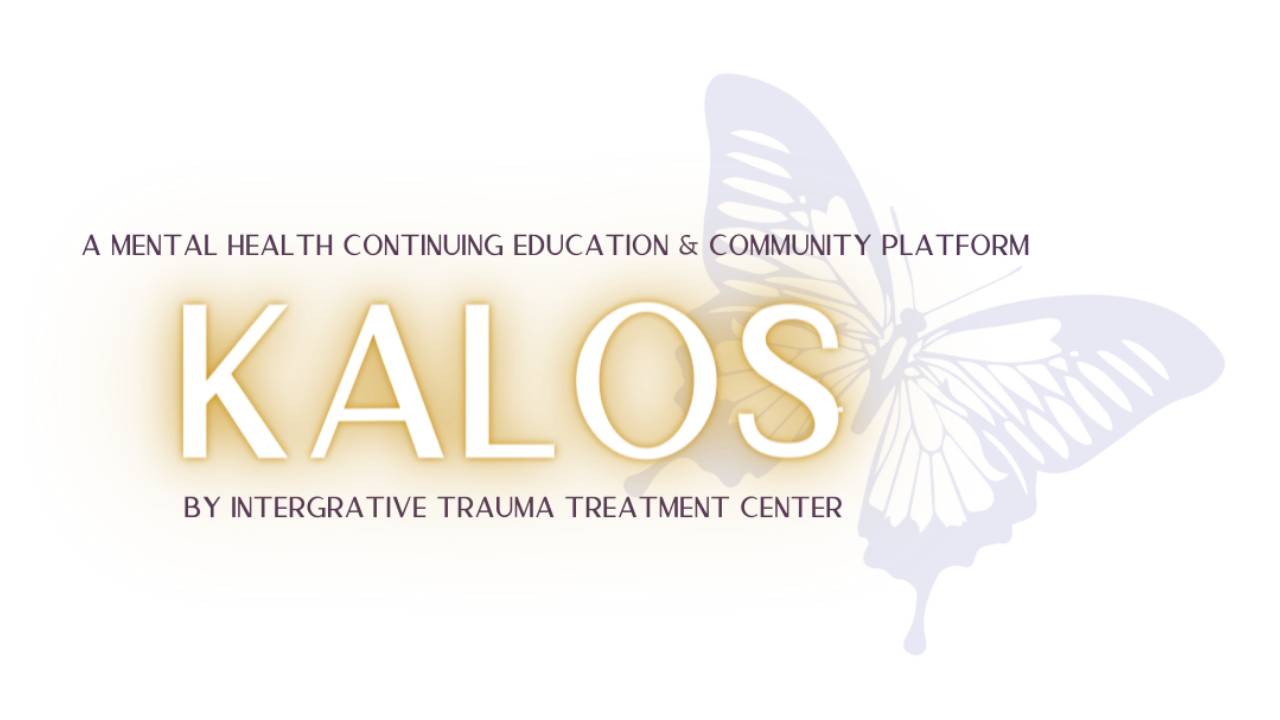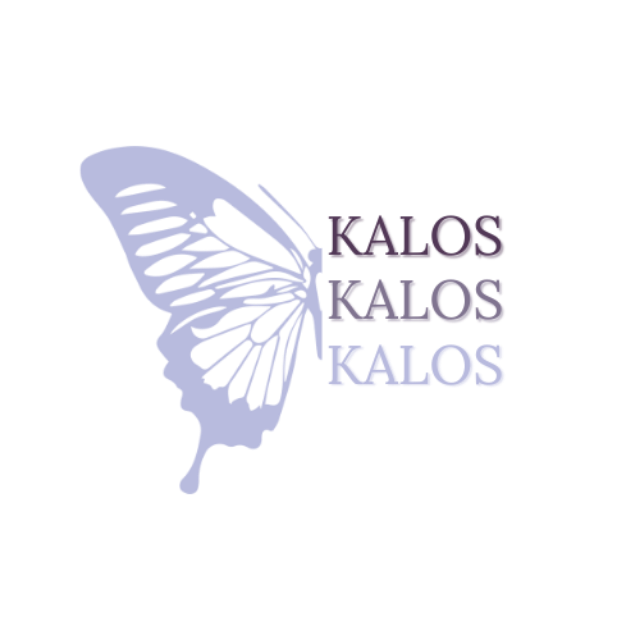Ethical Implications of Social Media Use
Equip yourself with the knowledge and skills needed to navigate the ethical complexities of social media with confidence and professionalism.
About This Course
Gain invaluable insights into the intersection of social media and ethics in the fields of social work and nursing. Explore the multifaceted role of social media in professional practice, including its benefits, challenges, and ethical considerations. Dive into engaging case studies that highlight real-world scenarios, and learn how to navigate ethical dilemmas with confidence and integrity.
Key Learning Objectives:
-
Professional Standards for Social Media Use: Articulate and adhere to professional standards and guidelines governing the appropriate use of social media in the fields of social work and nursing.
-
Ethical Considerations for Personal and Professional Use: Evaluate ethical considerations related to both personal and professional social media use, including confidentiality, boundary-setting, and maintaining professional boundaries.
-
Risk Management Strategies: Engage in recommended risk management strategies to mitigate potential ethical pitfalls and safeguard client confidentiality and privacy in online interactions.
Who Should Attend:
This course is essential for social workers, nurses, healthcare professionals, and anyone seeking to navigate the ethical challenges of social media in professional practice.
Enroll in Just this Course
MEET THE PRESENTER
DIANE BIGLER, LCSW, LSCSW
Diane is a Licensed Clinical Social Worker in Missouri and Kansas. She has over 20 years of experience in the fields of psychology, social work and mental health. Diane was an Adjunct Professor of Social Work at The University of Kansas, School of Social Welfare, for over 10 years. She obtained her master's degree in Social Work from KU in 2006, with clinical concentrations in Children & Families and Mental Health. Diane taught classes in the Clinical Master's program, which included: Clinical Social Work Practice, Loss and Grief, Cognitive Behavior Therapy, Family Therapy, Advanced Standing Practice, and Mental Health & Psychopathology. Diane was also a practicum Field Instructor, Field Liaison and Community Education trainer for the School of Social Welfare. Diane has facilitated hundreds of trainings to mental health professionals, physicians and nurses, teachers, police officers, business personnel, and local City Council members. Diane enjoys the creativity that comes with envisioning and designing trainings, and aims to provide trainings that are informative, engaging and skill-building. She has customized and facilitated leadership and corporate trainings to EAP clients on wellness and business topics.

Continuing Education (CE) hours
1 NBCC CE hour are available for licensed mental health providers. Please check with your licensing board to confirm that NBCC CE hours are accepted.
Integrative Trauma Treatment Center (ITTC) has been approved by NBCC as an Approved Continuing Education Provider, ACEP No. 6912. Programs that do not qualify for NBCC credit are clearly identified. Integrative Trauma Treatment Center (ITTC) is solely responsible for all aspects of the programs.
Course Materials
- Prerecorded Video (60 minutes: Ethical Implications of Social Media Use for Social Workers and Nurses )
- Presentation
- Quiz
- Presentation Feedback Survey
- Certificate of Completion*
*A passed quiz of at least 80% and a completed feedback survey required for certificate.

Become a Member!
A monthly subscription to ITTC’s Professional Learning Community, KALOS Includes:
- Unlimited Access to asynchronous courses and workshops with more being added all the time.
- Access to the Learning Community where you can connect with colleagues worldwide.
- Discounts on our live events like trainings, webinars, retreats, and our Trauma Summit.
All courses offer continuing education credits unless otherwise indicated.
Join KALOS
